Archive Newsflash 2021
Live dabei sein am 29.12. – Griff nach den Sternen
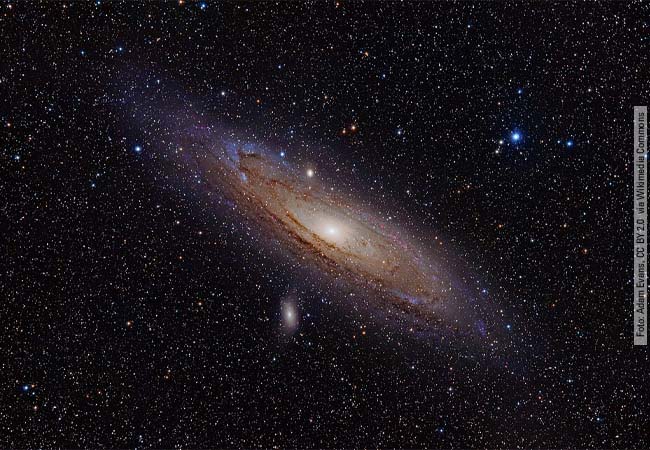
Zu einem ganz besonderen „Weihnachtsspaziergang durch das Universum“ lädt die TU Darmstadt und das Hessische Clusterprojekt ELEMENTS am Mittwoch, 29. Dezember 2021 ein: Von 19:30 Uhr bis etwa 22 Uhr nehmen wir alle Interessierten mit auf eine faszinierende Reise zu weit entfernten Galaxien – in einem digitalen Live-Stream.
Aktuelles aus der Goethe-Universität 21.12.2021
Schrödingers Katze kitzeln - Wenn ein Molekül gleichzeitig auseinanderfliegt und gebunden bleibt
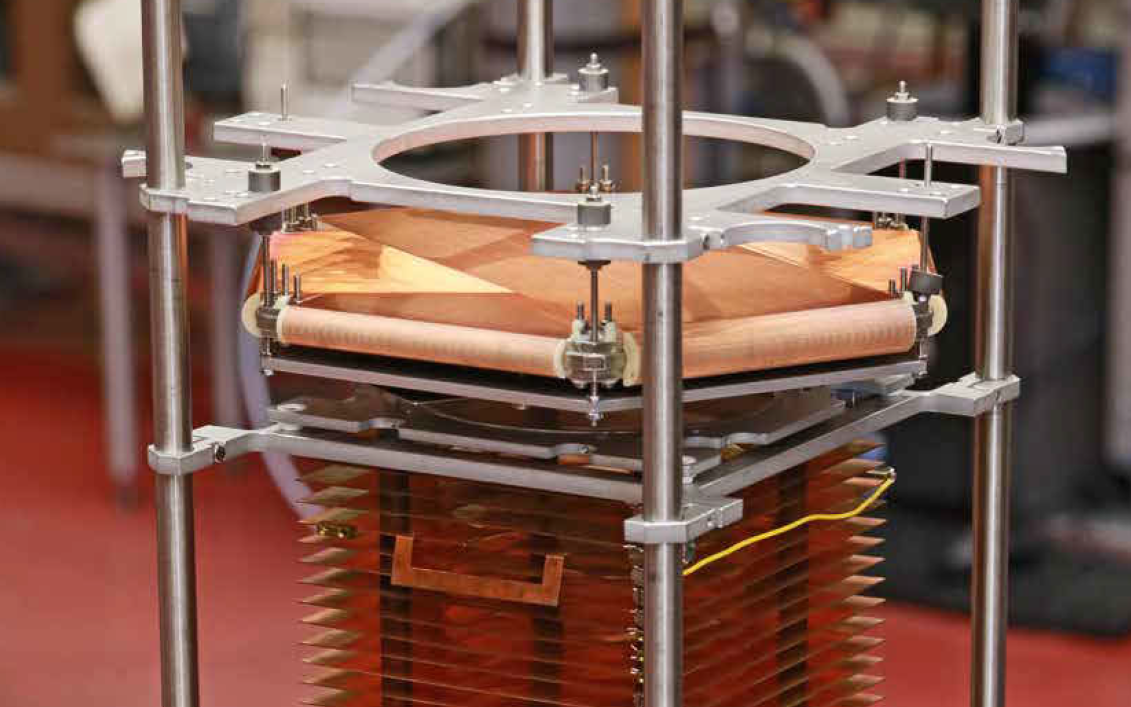
In Erwin Schrödingers Gedankenexperiment ist eine Katze in einer
Kiste zugleich tot und lebendig. Was es in unserer Welt nicht geben
kann, ist im Mikrokosmos der Quantenphysik durchaus möglich:
Dinge, die eigentlich einander ausschließen, geschehen gleichzeitig.
Mit einem Reaktionsmikroskop wie COLTRIMS – eine Frankfurter
Entwicklung – lässt sich die geheimnisvolle Quantendynamik
wie auf einem Präsentierteller betrachten.
Forschung Frankfurt (Ausgabe 02/2021)
Die unbewegten Beweger - Wie kleinste Teilchen fast so schnell werden wie das Licht
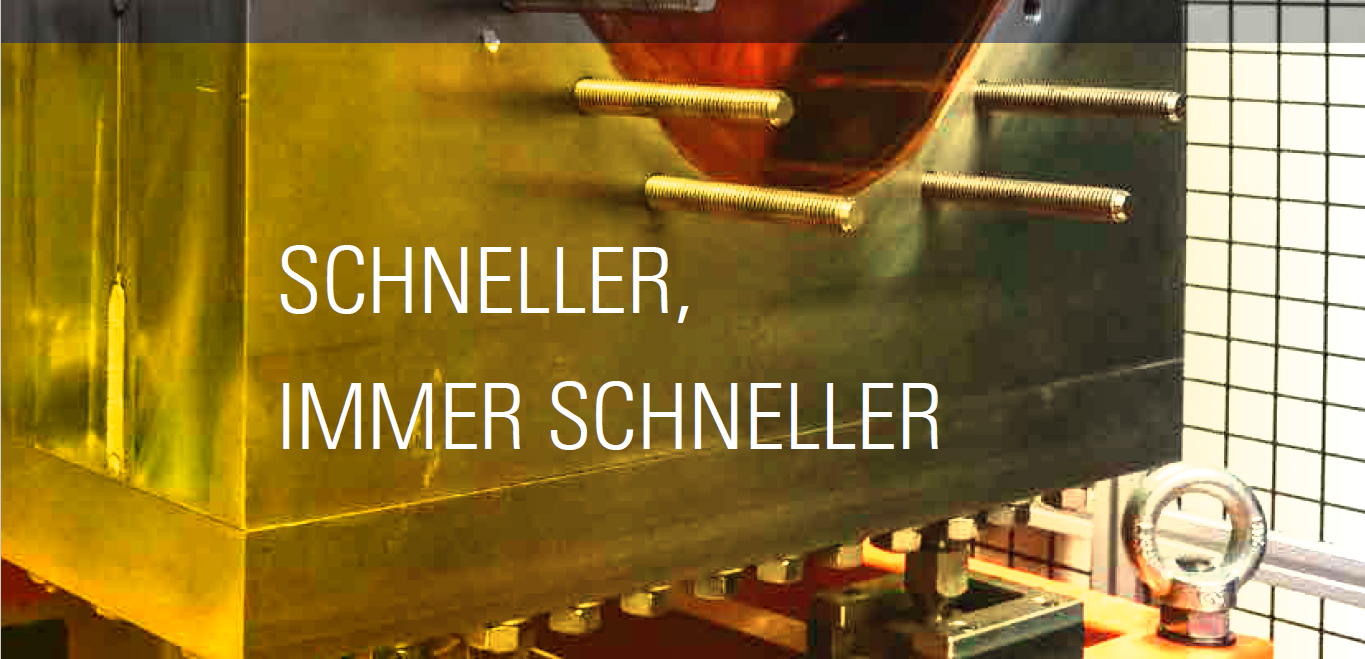
Teilchenbeschleuniger sind unverzichtbare Bestandteile der modernen Forschungslandschaft. Einige ihrer Herzstücke kommen aus Frankfurt.
Forschung Frankfurt (Ausgabe 02/2021)
Physikdoktorandin Julia Sammet wird für exzellente Lehre ausgezeichnet
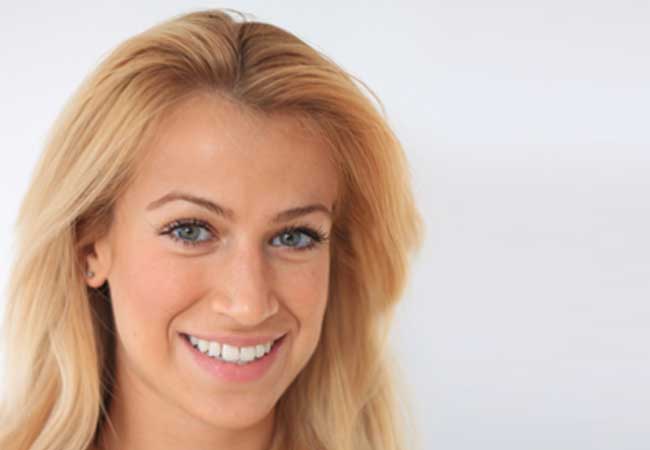
Für die hohe pädagogische Qualität ihrer Veranstaltungen ist Julia Sammet vom Institut für Theoretische Physik der Goethe-Universität mit dem „Niko-Claus-Preis für gute Lehre“ der Walter Greiner Gesellschaft zur Förderung der physikalischen Grundlagenforschung e.V. ausgezeichnet worden. Der Preis ist mit 10.000 Euro dotiert.
Aktuelles aus der Goethe-Universität 16.12.2021„Scientist of the Year“-Preis 2021 geht an die theoretische Physikerin Hannah Elfner
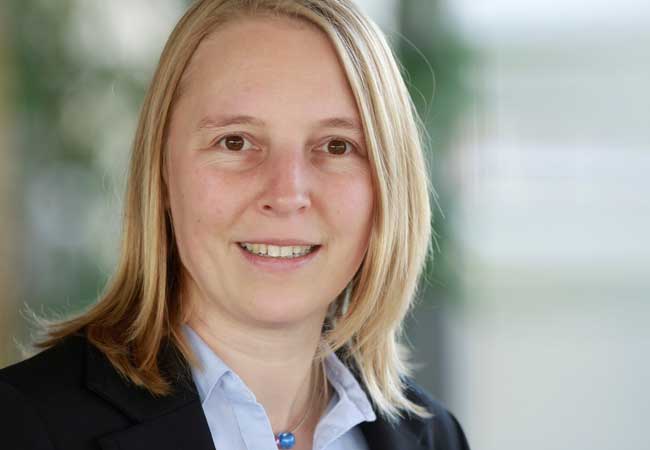
Die Physikerin Prof. Dr. Hannah Elfner erforscht Prozesse zwischen den allerkleinsten Teilchen des Universums, das sogenannte Quark-Gluon-Plasma. Für ihre herausragende Forschung zu Ereignissen kurz nach dem Urknall wird die Physikerin nun von der Alfons und Gertrud Kassel-Stiftung als „Scientist of the Year“ 2021 ausgezeichnet.
Aktuelles aus der Goethe-Universität 13.12.2021QUAST: Neue DFG-Forschungsgruppe zu Quantenphysik an der Goethe-Uni
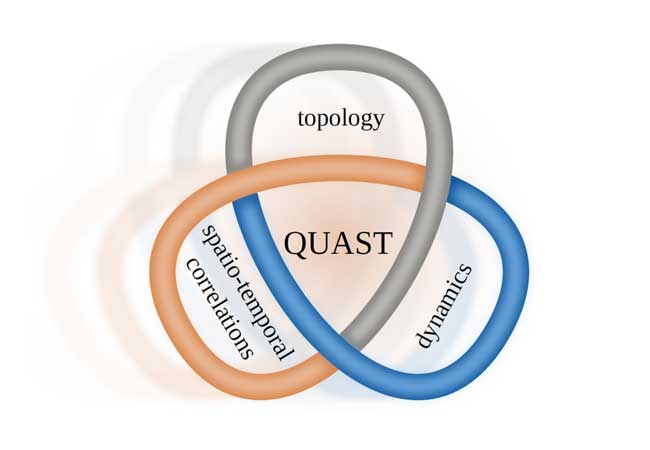
Wie sich die Eigenschaften neuer Materialien besser
vorhersagen lassen, wird die neue Forschungsgruppe um Professorin Maria Roser
Valentí von Institut für Theoretische Physik der Goethe-Universität im Verbund
mit Wissenschaftlerinnen und Wissenschaftlern aus Deutschland, Österreich und
der Schweiz erkunden. Die Forschungsgruppe „QUAST“ wird von der Deutschen
Forschungsgemeinschaft (DFG) gemeinsam mit dem österreichischen Fonds zur
Förderung der wissenschaftlichen Forschung (FWF) und dem Schweizerischen Nationalfonds
(SFN) im Rahmen der D-A-CH-Zusammenarbeit gefördert. Die Fördersumme von 4,6
Millionen Euro enthält eine 22-prozentige Programmpauschale für indirekte
Kosten aus den Projekten.
Aktuelles aus der Goethe-Universität 13.12.2021
Wie Schwarze Löcher ihren Jet zünden
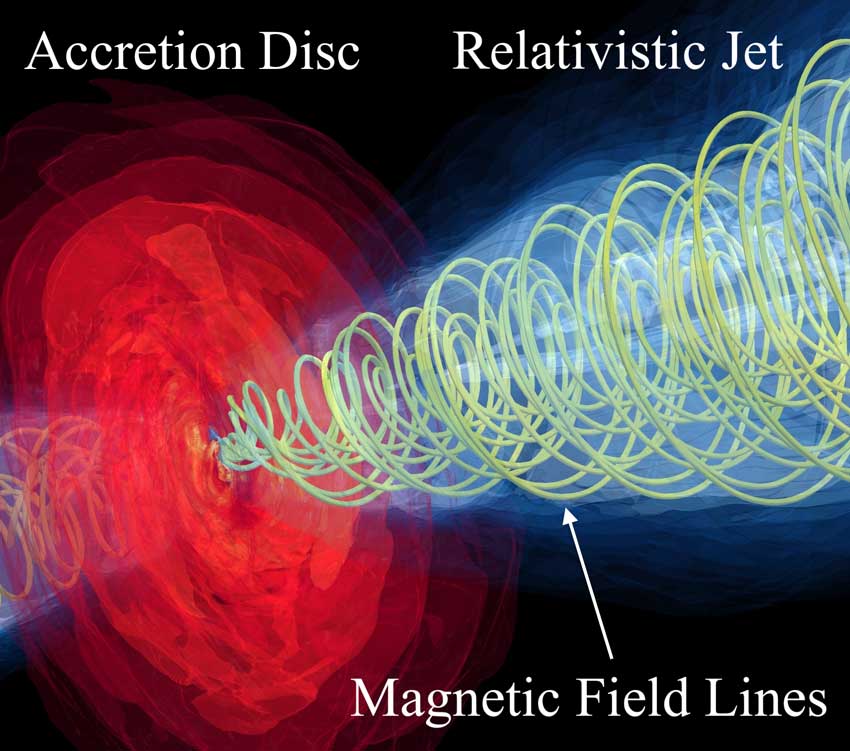
Mit komplexen Simulationen klären Frankfurter Astrophysiker den Ursprung der gigantischen Teilchenströme auf, die von supermassereichen Schwarzen Löchern im Zentrum von Galaxien ins All geblasen werden.
UniReport 09.12.2021
Von Haarnadeln und Leitersprossen
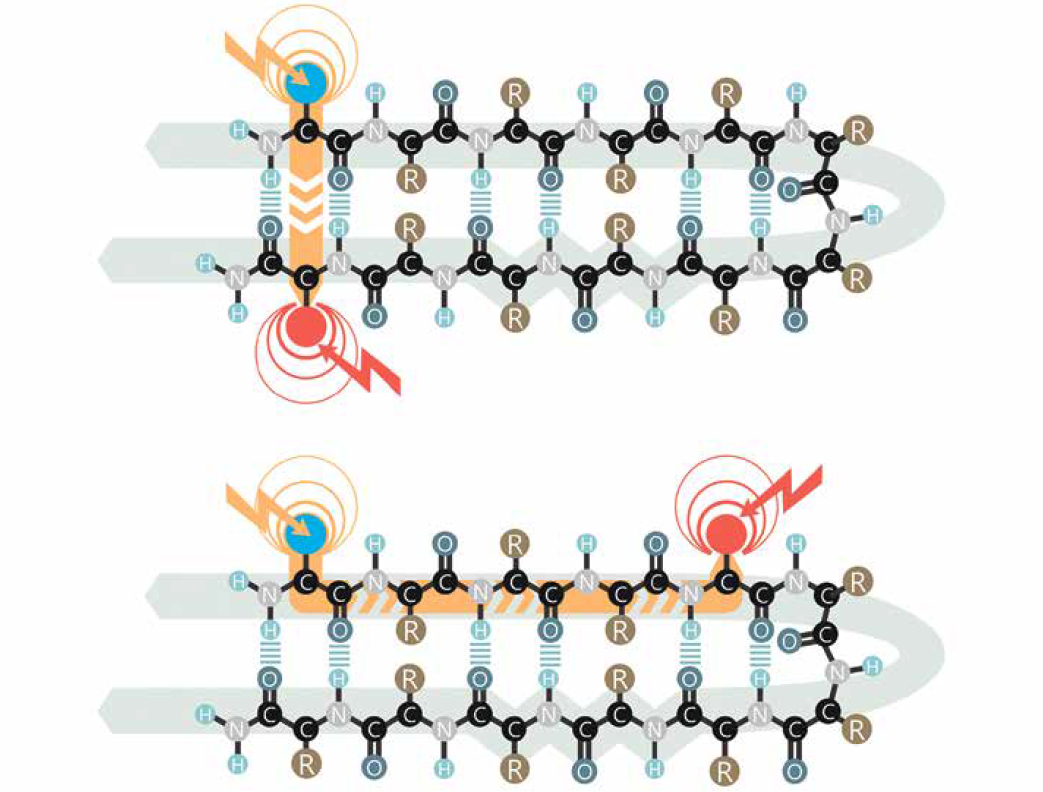
Der Biophysiker Jens Bredenbeck untersucht den Energietransport in Proteinen.
UniReport 09.12.2021
CERN: Erste Teilchenkollisionen im ALICE-Experiment nach dreijähriger Umbaupause
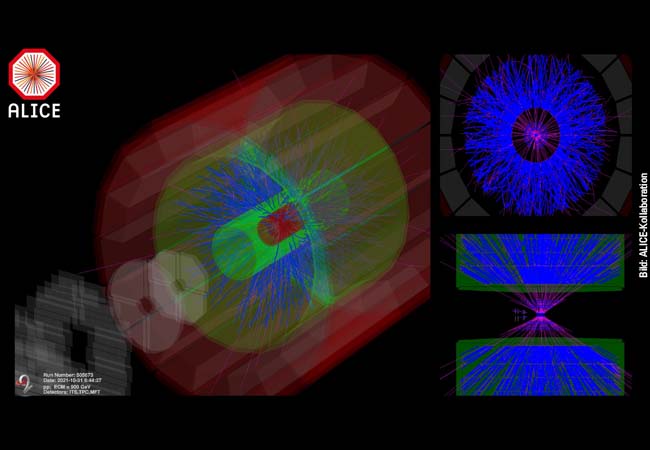
Zehn Jahre lang haben Wissenschaftlerinnen und Wissenschaftler aus 30 Ländern den Umbau des ALICE-Detektors am Teilchenbeschleuniger CERN in Genf vorbereitet. Drei Jahre dauerte es, bis die Forschenden alle neuen Komponenten in den riesigen Detektor eingebaut hatten. Jetzt hat der neue ALICE-Detektor die ersten Daten geliefert. Das Forschungsziel: Die Erkundung eines extrem heißen und dichten Materiezustands, wie er im Universum Mikrosekunden nach dem Urknall vorherrschte – ein Quark-Gluon-Plasma. Die Daten zeigen, dass der Umbau, der unter anderem von Prof. Harald Appelshäuser von der Goethe-Universität geleitet wurde, erfolgreich war.
Aktuelles aus der Goethe-Universität 23.11.2021
Jet from giant galaxy M87: Computer modelling explains black hole observations

An enormous jet of particles emitted by the giant galaxy M87 can be observed astronomically in various wavelengths. Dr. Alejandro Cruz Osorio and Professor Luciano Rezzolla from Goethe University Frankfurt together with an international team of scientists has succeeded in developing a theoretical model of the morphology of this jet using complex supercomputer calculations. The images from these calculations provide an unprecedented match with astronomical observations and confirm Einstein's theory of general relativity.
Aktuelles aus der Goethe-Universität 04.11.2021
Physiker der Goethe-Uni demonstrieren Zusammenhang von der Arbeitsweise des Gehirns und Entscheidungen vieler
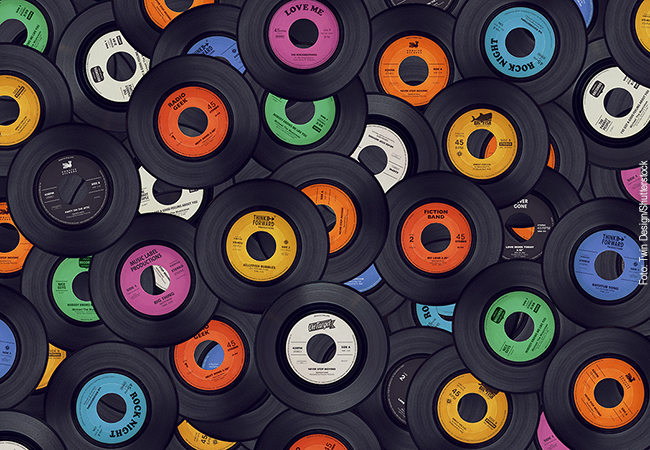
Am Beispiel der Charts und Bestsellerlisten zeigen Physiker der Goethe-Universität, dass unsere Entscheidungsprozesse statistischen Gesetzen folgen, die von der Arbeitsweise unseres Gehirns beeinflusst sind. Wichtigste Annahme ist, dass Informationen aus der Außenwelt im Gehirn zunächst komprimiert und dann optimiert werden.
Aktuelles aus der Goethe-Universität 06.08.2021
Picture of Centaurus A black hole questions current jet theories
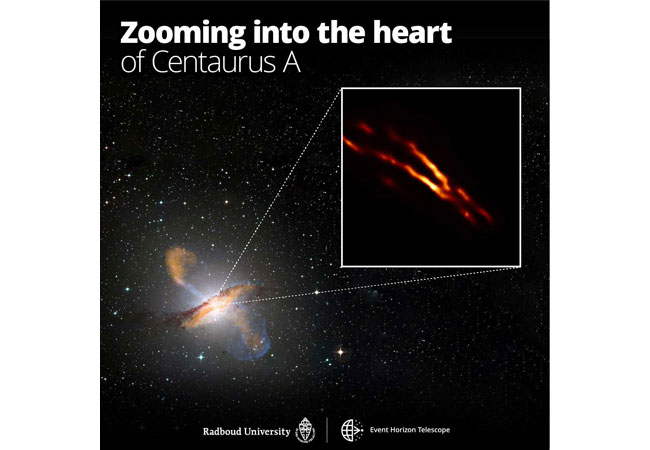
Aktuelles aus der Goethe-Universität 19.07.2021
Schüler:innen und Studierende an der Goethe-Uni bauen Teilchendetektor aus Lego nach
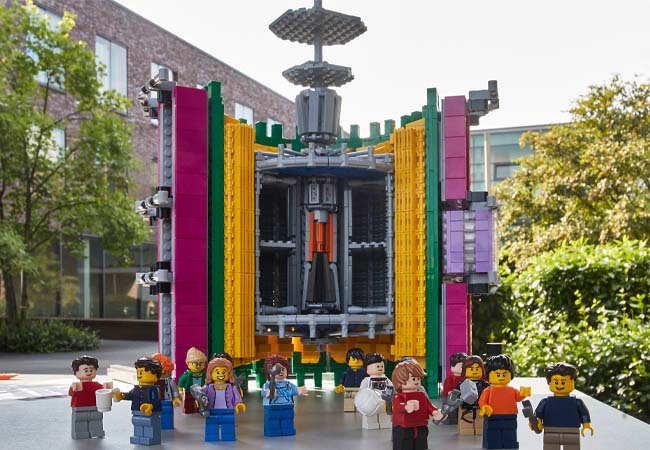
Aktuelles aus der Goethe-Universität 06.07.2021
Alfred Landé – Der vergessene Pionier
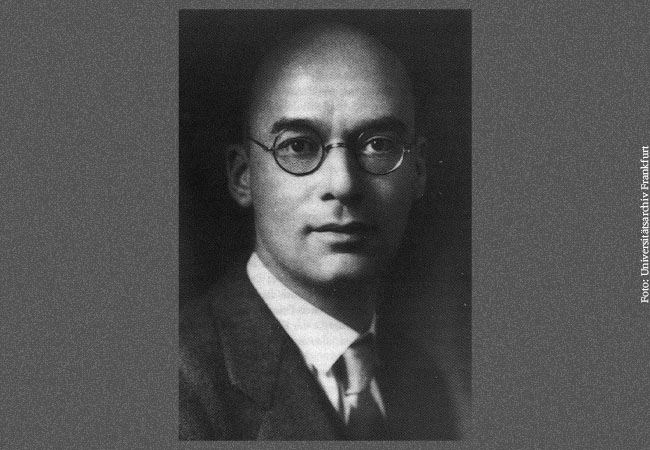
Aktuelles aus der Goethe-Universität 15.06.2021
From space to the atom: the exploration of matter
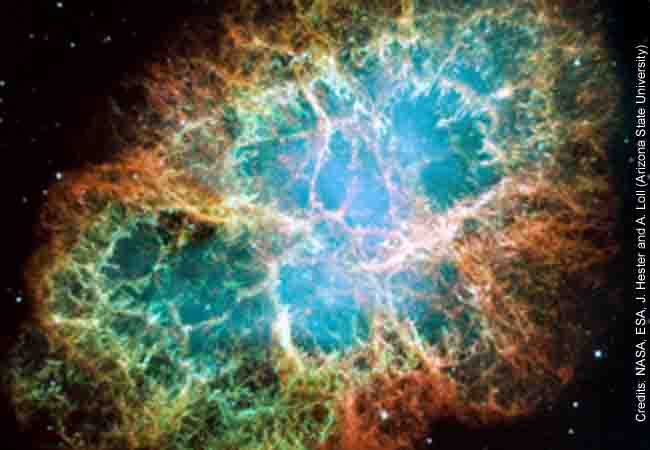
Aktuelles aus der Goethe-Universität 09.06.2021
Funding decision on four collaborative research centres at Goethe University: TRR 211 enters second funding period
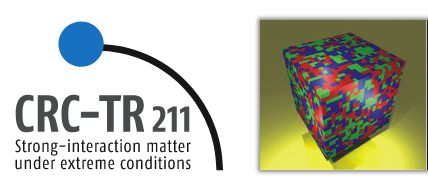
Aktuelles aus der Goethe-Universität 25.05.2021
Scientists at Goethe University and the EHT Collaboration analyse data from the first image of a black hole

Aktuelles aus der Goethe-Universität 20.05.2021
Physik: Selbstlernende Sensorsysteme für Natur und Technik
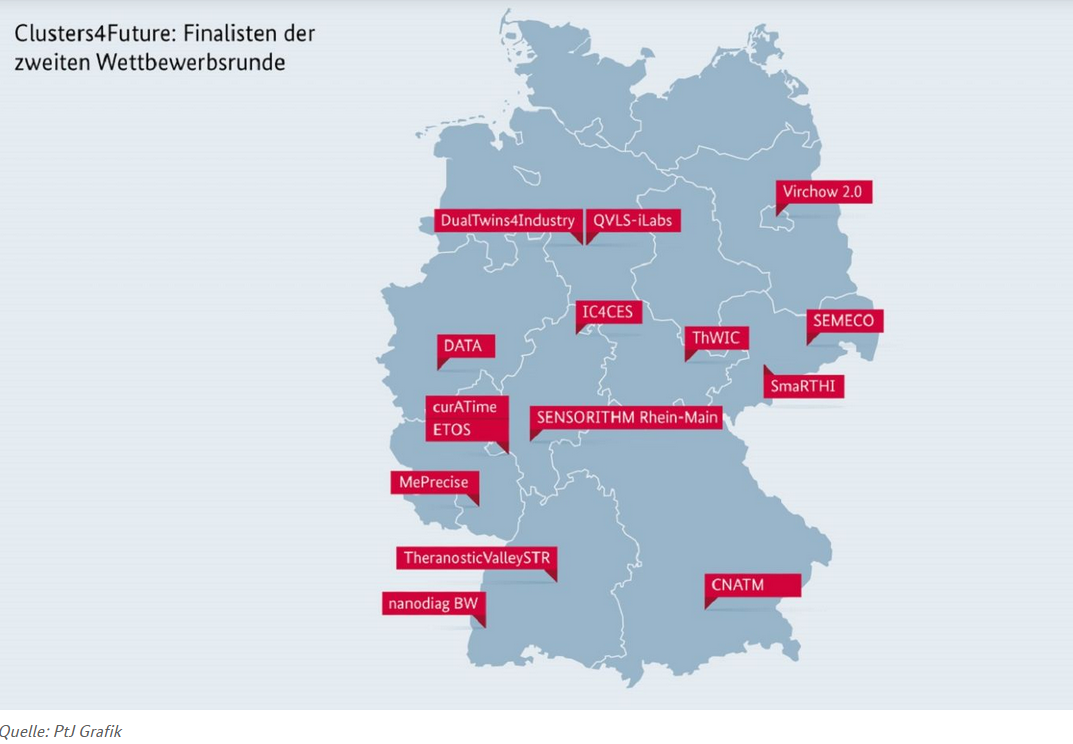
Aktuelles BMBF 06.05.2021
Aktuelles aus der Goethe-Universität 19.05.2021
Entire light spectrum of black hole M87’s jet recorded
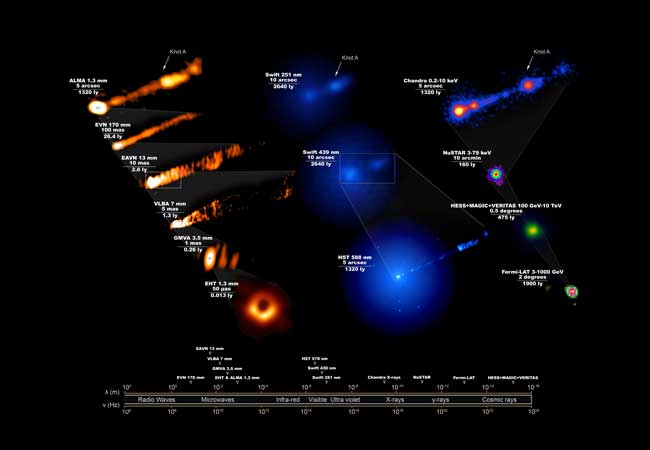
Aktuelles aus der Goethe-Universität 15.04.2021
The vaccination formula: rapid vaccination could avoid lockdown even with rising infection numbers

Aktuelles aus der Goethe-Universität 01.04.2021
Astronomers Image Magnetic Fields at the Edge of M87’s Black Hole
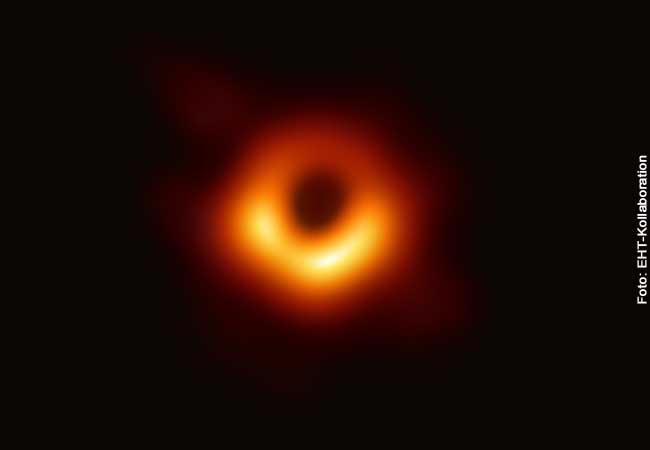
Aktuelles aus der Goethe-Universität 24.03.2021
Goethe University: New, cutting-edge research projects on trust in conflict, neutron stars and disease mechanisms
Neutron stars are the focus of the cluster project ELEMENTS (speaker Prof. Dr. Rezzolla).
Neutron stars are the relics of enormous stellar explosions
(supernovae) and among the most extreme objects in the Universe: Matter
in their core is so densely compressed that, according to calculations,
it could even exist in the form of a quark-gluon plasma – a mixture in
which matter is broken up into its most elementary particles, as it was
in the Universe soon after the Big Bang. Neutron stars – like black
holes – cause space-time distortions, and when two neutron stars merge,
they produce heavy chemical elements and gravitational waves that can be
measured on Earth. In terms of research strategy, ELEMENTS is a continuation of
the close collaboration between Goethe University and the Technical
University of Darmstadt in the framework of the Rhine-Main Universities
alliance. ELEMENTS will receive €7.9 million from the Federal State of
Hessen and €8 million as the own contribution of Goethe University and
the co-applicants.
Aktuelles aus der Goethe-Universität 01.02.2021
Astronomy Award presented to Event Horizon Telescope Collaboration

Aktuelles aus der Goethe-Universität 08.01.2021
CERN-Detektor als Legomodell nachbauen – Einladung an Schüler:innen und Studierende
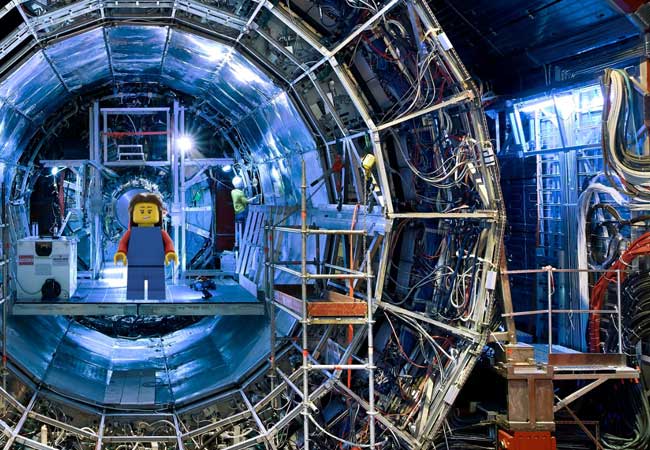
Aktuelles aus der Goethe-Universität 08.01.2021
Contact
Department of Physics
Goethe University Frankfurt
Max-von-Laue-Straße 1
60438 Frankfurt am Main
Dekanat phone: +49 (0) 69 798 47202
further contacts
Email: dekanat@physik.uni-frankfurt.de
- Studying at Goethe University
- International applicants
- Faculties
- Overview of study programmes
- Programme for refugees
- GRADE
- Goethe Business School (continuing education)
- Research at Goethe University
- Scientific news
- Goethe Welcome Center (for international researchers)
- Collaborative research projects
- Individual research
- Visiting fellowships
- Endowed chairs
- About the University
- News-in-brief
- University administration
- Campus locations
- Campus life
- University archives (German)
- Rhine-Main-Universities





